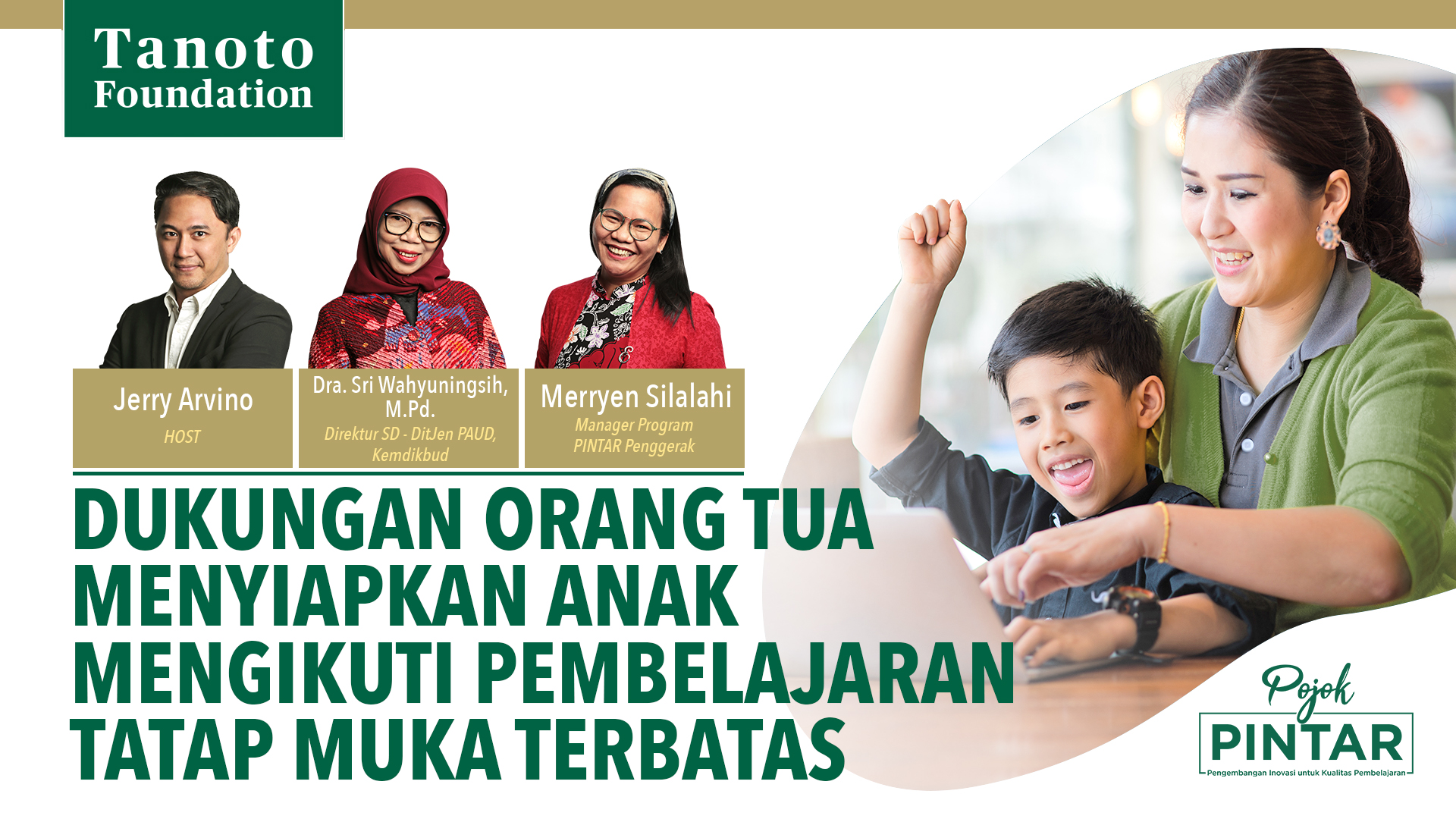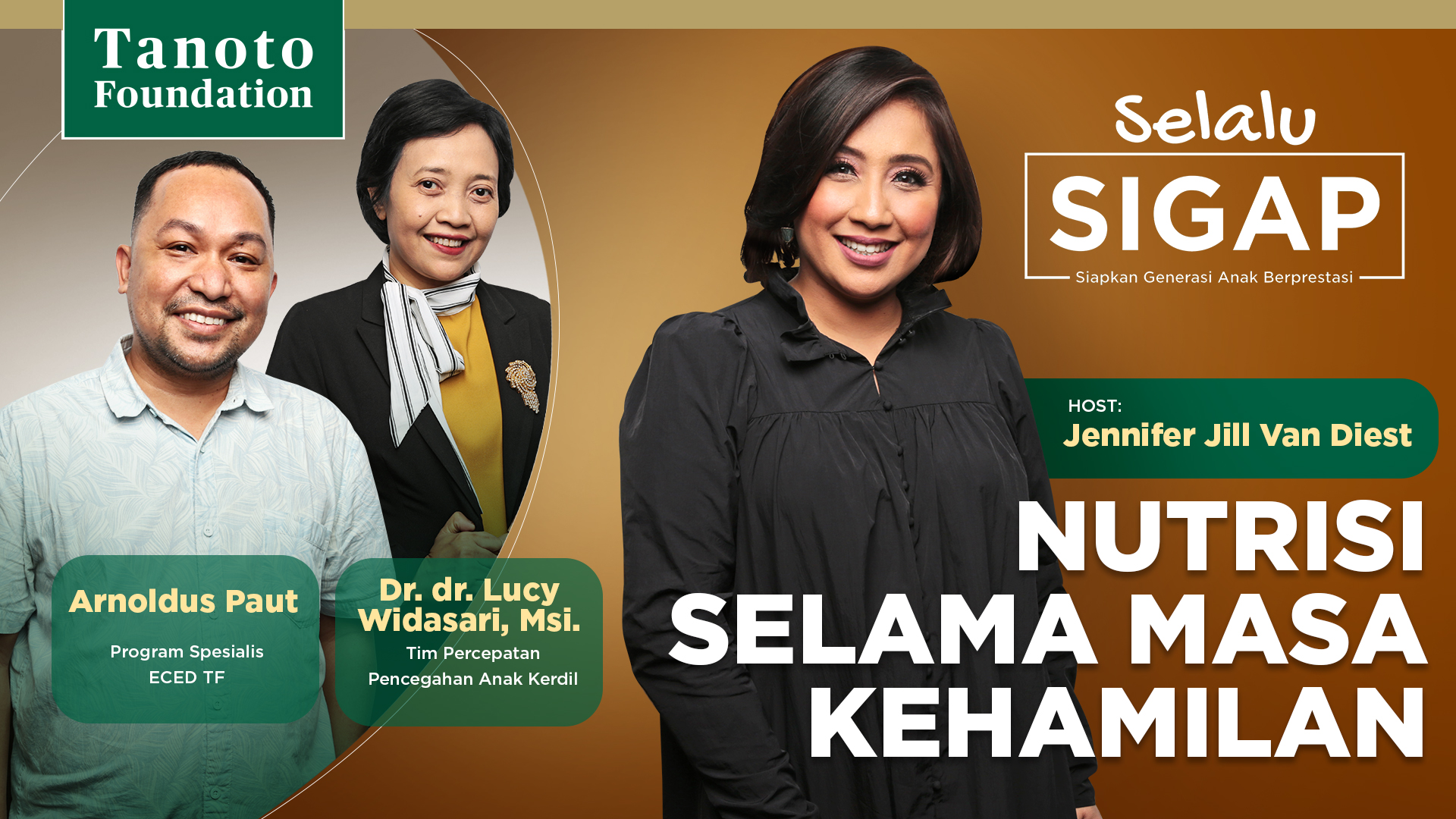Through an endowment from the Tanoto Foundation, Northwestern University’s Kellogg Center for Family Enterprises has been renamed John L. Ward Center for Family Enterprises.
Professor John Ward, Clinical Professor Emeritus of Family Enterprise, previously served as co-director of the center and has played a crucial role in its success. The center provides cutting-edge thinking and guidance for family business strategies, governance, succession, entrepreneurship, foundations and business culture. A pioneering researcher in the field, Professor Ward has worked with families around the world while conducting extensive research and contributing meaningfully to the field.
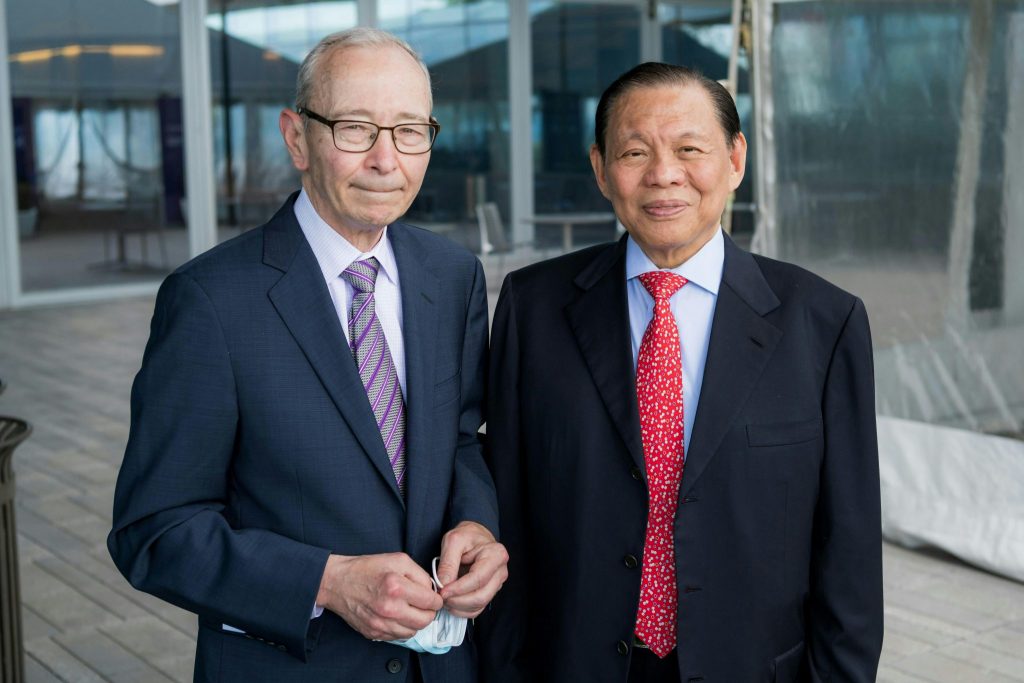
Professor John L Ward and Tanoto Foundation Co-Founder Sukanto Tanoto
At the ribbon-cutting ceremony held by the Kellogg School of Management in the Chicago campus on May 21, 2021, Tanoto Foundation’s co-founder Sukanto Tanoto said, “The main purpose of our gift today to Kellogg is to capture and sustain the essence of what makes Professor John Ward a preeminent scholar in family enterprise, and to pass this spirit and wisdom to future generations.”
Mr. Sukanto Tanoto was joined by his wife and co-founder of Tanoto Foundation, Tinah Bingei Tanoto. They were accompanied by RGE Managing Director and member of the Tanoto Foundation Board of Trustees Anderson Tanoto.
“The vast majority of businesses around the world are family businesses, and they drive significant innovation and growth in our global economy,” said Dean of Kellogg School of Management Professor Francesca Cornelli.
Northwestern University President Professor Morton Schapiro said that family enterprises was an area that was under-appreciated and under-researched, but gave thanks to the brilliance of Professor Ward elevating the field at Northwestern. He shared he had a long-term close relationship with Indonesia stretching back to the 1980s when he gave lectures. He later paid tribute to the Tanoto family’s visionary philanthropy that not only helped bridge the Center with Indonesia-focused research, but also resulted in a remarkable transformative gift that was made in honour of Professor Ward.
Research conducted by Hong Kong University of Science and Technology (HKUST) showed that family enterprises contribute over 57% of GDP in the United States. Family businesses contribute to 60% of China’s GDP. In Indonesia, the world’s fourth most populous nation and sixteenth largest economy, more than 50% of local businesses are family owned.
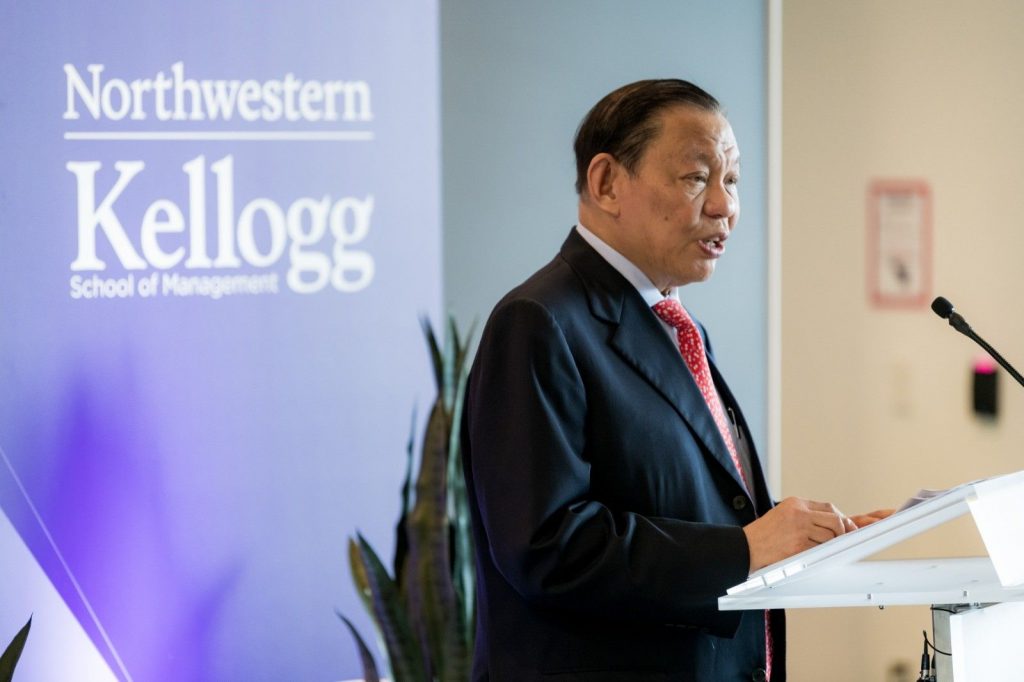
Mr. Sukanto Tanoto makes an address and congratulates Professor John Ward and the Center for Family Enterprises.
Mr. Sukanto Tanoto emphasized that there’s a special opportunity for family businesses to make a difference in the world. “A typical public company is run quarter on quarter and executives are incentivized based on ‘short-termism’. Family businesses should and must think long-term and embody the spirit of stakeholder capitalism,” he said.
“Professor John Ward’s prolific work with family businesses has been pivotal for companies, leaders and researchers around the world,” added Mr. Sukanto Tanoto. “His evidence-based work has created groundbreaking insights into the science and dynamics of thriving family businesses and philanthropies. In this constantly changing world, we need John’s work to continue.”
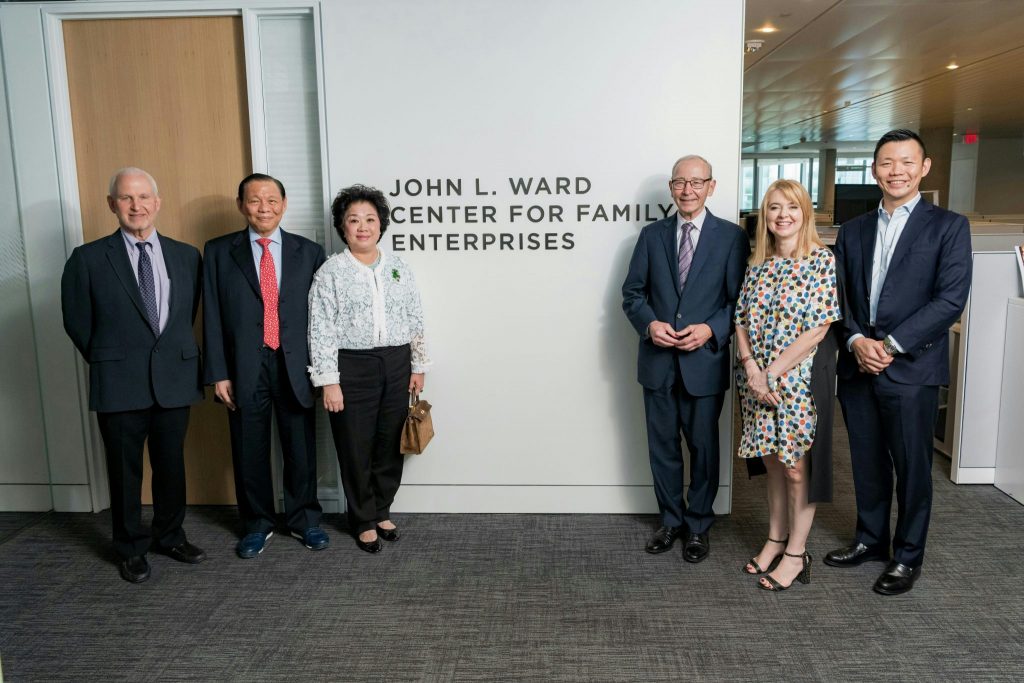
Mr and Mrs Sukanto Tanoto and Tanoto Foundation Trustee Anderson Tanoto share a special moment with representatives of Kellogg and the Center on the day of its renaming.
This is not the first time the Tanoto Foundation contributed to the study of family business governance and succession. In 2012, the foundation established the Tanoto Center for Asian Family Business and Entrepreneurship Studies at HKUST, which seeks to bridge the knowledge gap between academics, practitioners and policymakers while spurring knowledge creation in Asian family businesses and entrepreneurship.
With the recent endowment, Tanoto Foundation will help John L. Ward Center to conduct activities such as groundbreaking research on the challenges facing enterprising families globally and engage scholars and family enterprises to inform the discipline more fully.




